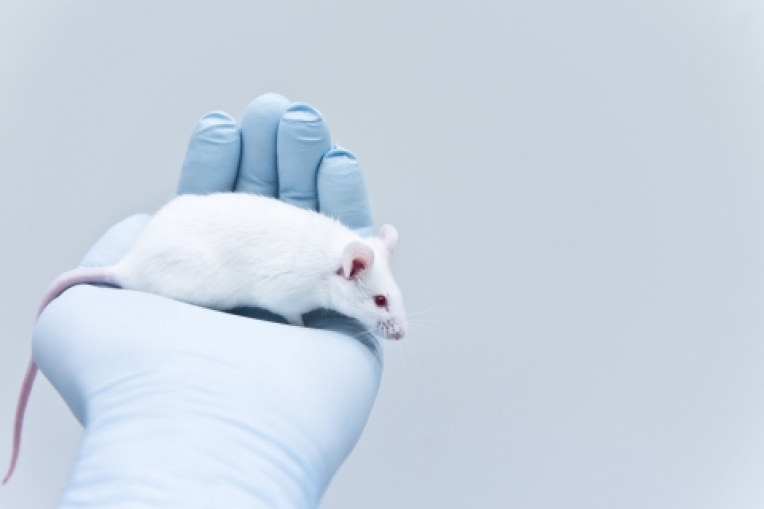News
2021 animal research national statistics released
- Details
- 30 June 2022
The Home Office has released the statistics of animal use in science in Great Britain for 2021, with data showing that the total number of procedures was up 6% compared to 2020.
The low figures in 2020 most likely reflected the effects of the Covid-19 pandemic, with many institutions delaying or stopping studies using experimental animals.

Dr Mark Downs CSci FRSB, chief executive of the Royal Society of Biology, commented:
“The use of animals in research plays an essential role in advancing our knowledge of biology and our understanding of diseases in humans and other animals.
“This role has been exemplified recently in the use of animal models for the development, efficacy and safety testing of vaccines for SARS-CoV-2.
“The UK has been a leader in laboratory animal welfare and culture of care.
"The National Centres for the 3Rs has been a fundamental force in driving the development and update of innovative solutions to replace, refine and reduce the use of animals in research and testing.
“The Royal Society of Biology supports the use of animals in research when no alternatives are available, and is committed to promoting openness and transparency in reporting the use of animals for scientific purposes."
There were a total of 3.06 million scientific procedures involving living animals completed in 2021. 57% were experimental procedures, whilst 43% involved the generation or breeding of Genetically Altered (GA) animals.
96 % of all procedures used mice, fish, birds or rats. 1% of experimental procedures used specially protected species, such as non-human primates, horses, dogs and cats and applications to work with these species undergo additional scrutiny.
51% of experimental procedures were classed as basic research, most commonly focusing on the nervous system, the immune system, and cancer.
21% of experimental procedures were for regulatory purposes, a decrease from 33% in 2020.
This year there has been a large increase in the proportion of procedures classed as applied research, which increased from 10% in 2020 to 27% in 2021.
Professor Dominic Wells FRSB, chair of the RSB Animal Science Group, commented:
“The increase in the number of animal procedures is not unexpected as the figure was particularly low in 2020, most likely due to the restrictions imposed by the Covid-19 pandemic.
“There has also been a rise in the number of experimental procedures compared to the number of procedures involving the breeding of genetically altered animals, particularly in the area of applied research, which may reflect a change in research priorities following the pandemic.”
A procedure is defined as anything that causes pain, suffering, distress or lasting harm equivalent to, or greater than, the insertion of a hypodermic needle in accordance with good veterinary practice.
Mild severity is the equivalent of an injection, moderate severity is greater than transient pain, whilst severe suffering is something that we would not wish to endure (for example, a heart attack).
The actual severity of regulated procedures has been recorded since 2014. The actual severity of experimental procedures on animals were 97% non-recovery, sub-threshold, mild or moderate. Only 3% were classified as severe.
The actual severity of procedures for the generation and breeding of GA animals were 98% non-recovery, sub-threshold, mild or moderate, only 2% were severe. 73% of procedures were sub-threshold.
All scientific procedures involving vertebrate animals (other than humans) and cephalopods must be performed under license and the use of animals must be recorded, together with an assessment of the severity levels, and published every year in accordance with the Animals (Scientific Procedures) Act 1986 amended 2012.
Members of the public can access a summary of each licensed research project when they are published on the Home Office website.
The UK continues to lead in implementing the EU legislative framework on the protection of animals used for scientific purposes, the most comprehensive and rigorous legislation in the world.
The Society supports the efforts of the scientific community to replace, reduce and refine animal experiments (3Rs) and also advocates transparency in reporting the justifications and outcomes of research involving animals.
The Society discusses issues related to animal science through its special interest group the Animal Science Group, and is involved in informing policy for the advancement of science and animal welfare as a member of the UK Bioscience Sector Coalition.

